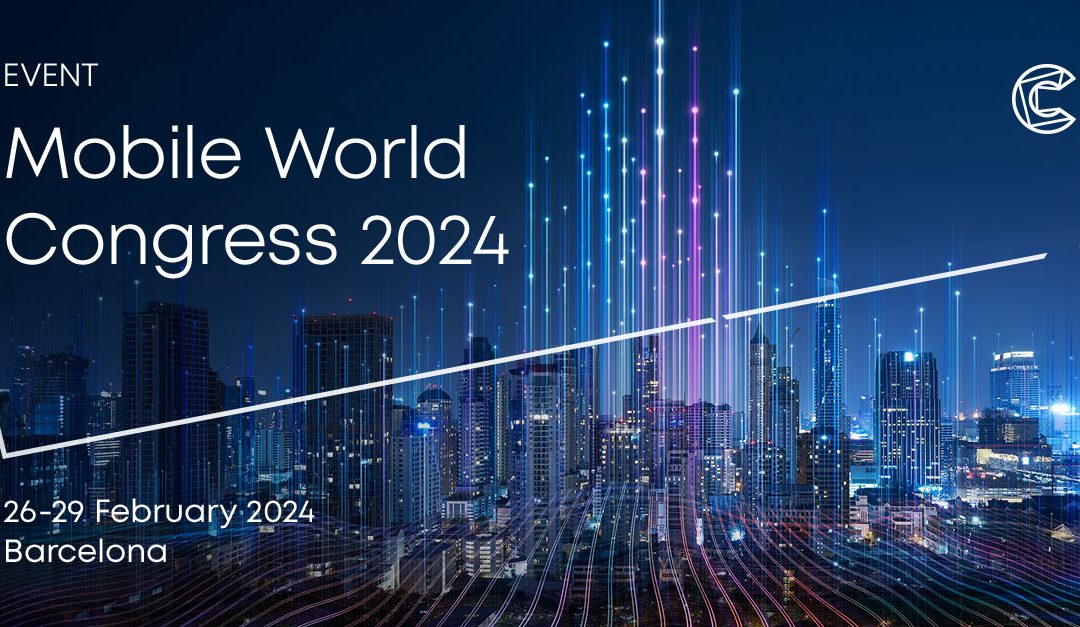The Mobile World Congress (MWC), the world’s most important tech event, opened its doors this Monday at the Barcelona Fair. Tech giants gathered in Barcelona to showcase their latest phones and introduce all the new developments coming soon to the mobile market. Among the top brands present were Samsung, Xiaomi, Google, Nokia, Huawei, Microsoft, Honor, Lenovo, OnePlus, TCL, and many more. Artificial Intelligence (AI) is the main focus of MWC 2024, followed by advancements in 5G and 6G technologies.
MWC 2024 will feature participation from more than 2,400 exhibiting companies and around 1,100 speakers, spread across 260 sessions. This year’s estimates suggest that the tech fair will attract between 95,000 and 96,000 visitors from Spain and around the world.
Fortunately, the agenda related to social and environmental impact continues to grow, although it still plays a secondary role… Here are some highlights:
- Sustainability: https://www.mwcbarcelona.com/agenda?search=sustainability&date=2024-02-26
- Social Impact: https://www.4yfn.com/programmes/impact?date=2024-02-26
- Diversity: https://www.mwcbarcelona.com/diversity4tech?date=2024-02-26
- Green Tech: https://www.4yfn.com/programmes/greentech?date=2024-02-26
Technology, and innovation in general, has—or should have—the potential to create a better world. Specifically, mobile technology can contribute in the following ways:
- Communication: Mobile devices enable quick and efficient communication, connecting people regardless of their location.
- Education: Educational apps and online learning platforms provide access to education for people in remote or underserved areas.
- Health: Health apps can help individuals monitor their well-being, remind them to take medications, and facilitate virtual consultations with healthcare professionals.
- Financial Inclusion: Mobile banking services and payment apps offer financial services to those who would otherwise lack access.
- Sustainability: Mobile apps can help people reduce their carbon footprint by providing energy consumption data, suggesting efficient transport routes, and promoting carpooling.
- Access to Information: The internet, accessible via mobile devices, is a vast source of information that empowers people to make informed decisions.
- Emergency Aid: Mobile devices can be vital in emergencies, allowing people to call for help, receive disaster alerts, and find safe routes.
In summary, mobile technology has the potential to improve people’s lives in many ways, from communication and education to health and sustainability. However, challenges such as data privacy and security must also be considered, and we should work to address these as we move toward an increasingly mobile world. I hope that by the next edition, MWC 2025 will make these key topics a central focus of the conference.
“We can live without technology, but we cannot live without our planet.”
Ángel Bonet
Davos 2026: plenty of diagnosis, few decisions
The annual World Economic Forum meeting once again brought together political leaders, CEOs and major investors in Davos, against a backdrop defined by three clear tensions: economic slowdown, an...
Just one year later: the lasting footprint of the solidarity ultramarathon in Anantapur
-By Montserrat López It has been exactly one year since our trip to India. A journey that does not end when you land back home. Its impact still reverberates. It continues. Exactly one year ago, we...
Takumi: when craftsmanship becomes business excellence with soul
In Japan, there is a word that goes far beyond a profession: takumi. It does not refer simply to a skilled craftsperson, but to someone who has devoted decades of their life to perfecting a skill...




